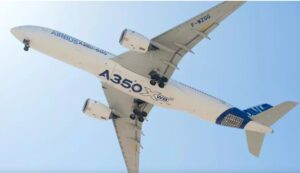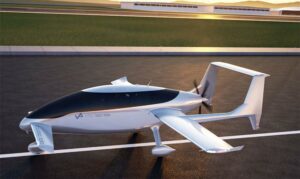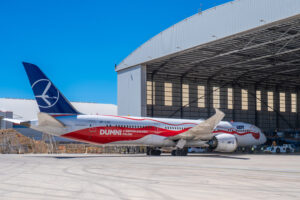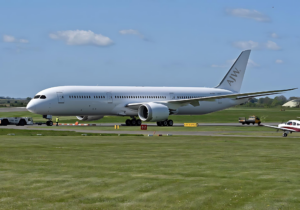March 4th has seen the first initialing of an aviation agreement between the European Union (EU) and the State of Qatar which will upgrade the rules and standards for flights between Qatar and the EU. This will also be seen as a new global benchmark by committing to fair and robust competition mechanisms along with provisions not usually covered by bilateral air transport agreements, e.g. social and environmental matters.
The agreement, which is the first between the EU and any Gulf state, includes, but is not limited to the following elements:
- A gradual market opening over a period of five years to those EU Member States which have not yet fully liberalised direct connections for passengers: Belgium, Germany, France, Italy and the Netherlands.
- Provisions on fair competition with strong enforcement mechanisms to avoid distortions of competition and abuses negatively affecting the operations of EU airlines in the EU or in third countries.
- Transparency provisions in line with international reporting and accounting standards to ensure obligations are fully respected.
- Provisions on social matters committing the Parties to improve social and labour policies.
- A forum for meetings addressing all issues, and any potential differences at an early stage, plus mechanisms to quickly resolve any disputes.
- Provisions facilitating business transactions, including the removal of existing obligations for EU airlines to work through a local sponsor.
Commissioner for Transport Violeta Bulc said: “We delivered! Qatar was the first partner with whom we launched negotiations following our adoption of the Aviation Strategy for Europe – now it is also the first one to cross the finish line! More than that – the agreement sets out ambitious standards for fair competition, transparency or social issues. It will provide a level playing field and raise the bar globally for air transport agreements. This is a major upgrade compared to the existing framework, and our joint contribution to making aviation more sustainable!”
Going beyond traffic rights, the EU-Qatar agreement will provide a single set of rules, high standards and a platform for future cooperation on a road range of aviation issues including safety, security and air traffic management. Additionally, the agreement also commits both parties to improve social and labour policies – an achievement which existing agreements between Qatar and individual EU Member States have not thus far provided.




























